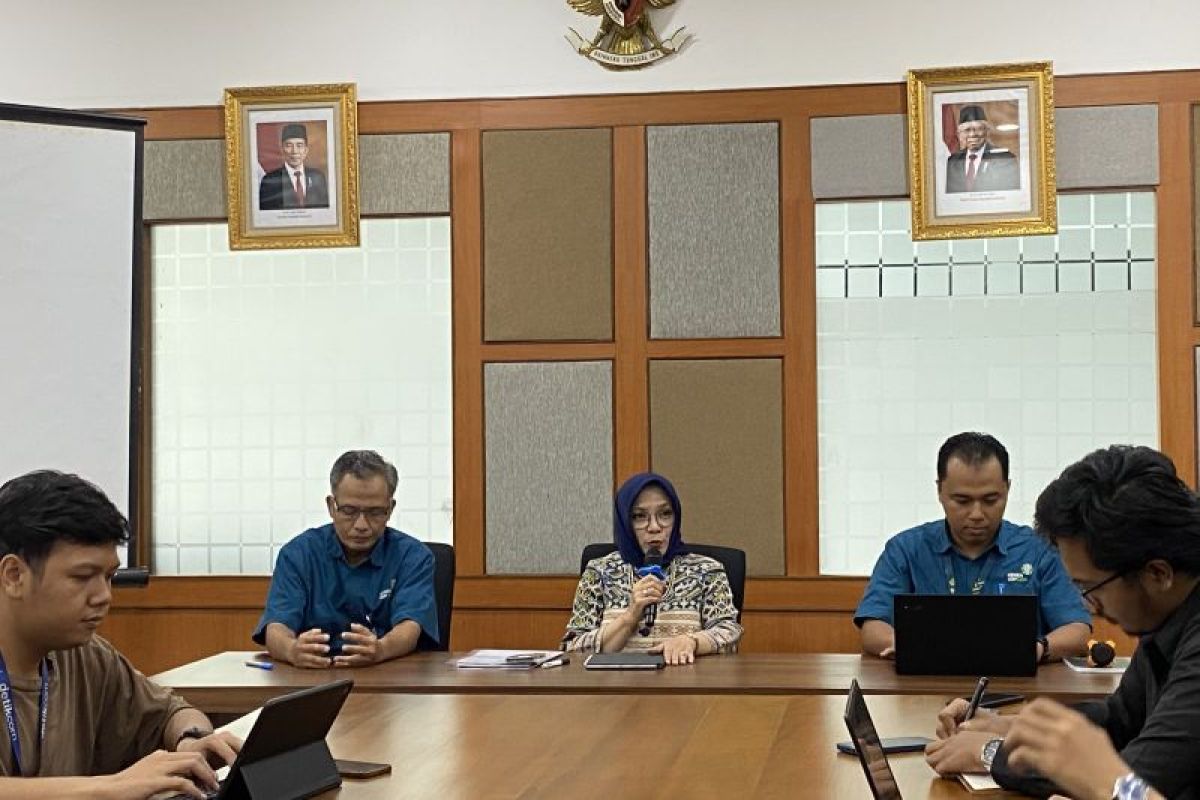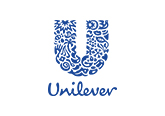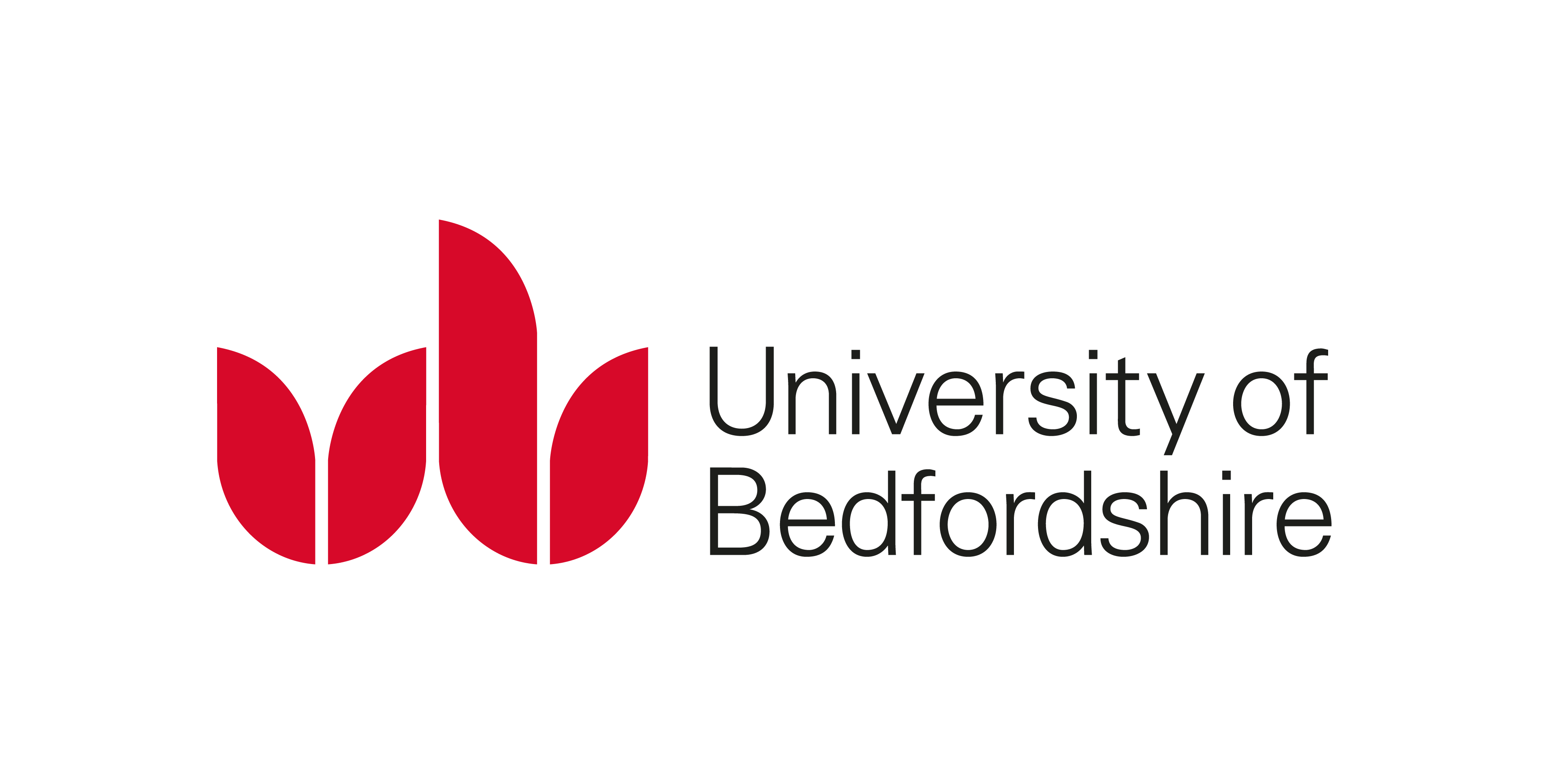“This data will later be used by the Ministry of Cooperatives and SMEs, other ministries, and regional governments.”
The Cooperatives and Small and Medium Enterprises (SMEs) Ministry is continuing to collect complete data on cooperatives and micro, small, and medium enterprises (MSMEs) in all provinces for building a standardized and integrated database.
During a media meeting in Jakarta on Tuesday, deputy for entrepreneurship at the ministry, Siti Azizah, informed that the ministry has collected 13.4 million data points on MSMEs. The data comprises 9.1 million pieces of data collected in 2022 and 4.3 million pieces of data gathered in 2023.
“We will continue to move because all this time what we have been waiting for is data on cooperatives and MSMEs actors by name and by address,” she said.
Azizah added that in 2021, the Ministry of Cooperatives and SMEs focused on developing applications and websites for data collection.
Then, in 2022, a direct survey of cooperatives and MSMEs was conducted in 240 districts and cities.
In 2023, the ministry collaborated with Statistics Indonesia (BPS) to carry out a census and a similar survey in 215 districts and cities.
Azizah revealed that the data has been collected under seven heads — entrepreneur identity, business identity, business field, marketing factors, production process, finance, and human resources.
She said that the database would be used for a variety of purposes, such as formulating policies and programs that are right on target, getting to know the profiles and needs of cooperatives and MSMEs in greater detail, improving performance, and increasing the contribution of MSMEs to the national economy.
“Apart from searching, fostering, and developing cooperatives and MSMEs, all the foundations are data collection. This data will later be used by the Ministry of Cooperatives and SMEs, other ministries, and regional governments,” Azizah said.
She further said that the ministry is still calculating the potential contribution of MSMEs to the national economy. The calculations will be ready once the KUMKM data is complete.
Azizah said that the data collection process has posed several challenges, one of which has been reaching business actors in remote areas.
“Not only that, data collection is carried out directly, not digitally, so you have to go to business actors one by one,” she said.
The data collection is expected to be completed this year.
Earlier, an official from the Financial Services Authority (OJK) said that the OJK remains committed to supporting MSMEs to improve the community’s economy, primarily by enhancing business knowledge.
“Supporting the community’s economy is crucial, as MSMEs contribute significantly to Indonesia’s economy,” said Frederica Widyasari Dewi, the OJK’s chief executive for supervision of financial services provider behaviour, education, and consumer protection, in Jakarta on Tuesday.
“Some 99 percent of business units in Indonesia are MSMEs, and they are also responsible for remarkable job creation. This is something I truly commend and support,” she affirmed.
The OJK is conducting massive educational activities in several regions, such as Ngargogondo village in Magelang, Central Java, to boost the financial literacy of the community, including MSMEs.
She said that to assist MSMEs, the OJK has invited financial institutions to provide support, especially financing, so that Indonesian MSMEs can improve. The OJK also often conducts business matching activities.
“OJK organizes a lot of business matching, meaning we gather a lot of MSME players and bring them together with banks and also the financial services industry that can provide loans,” she added.
Source from ANTARA NEWS
Original News HERE


































